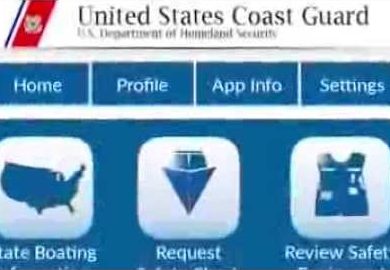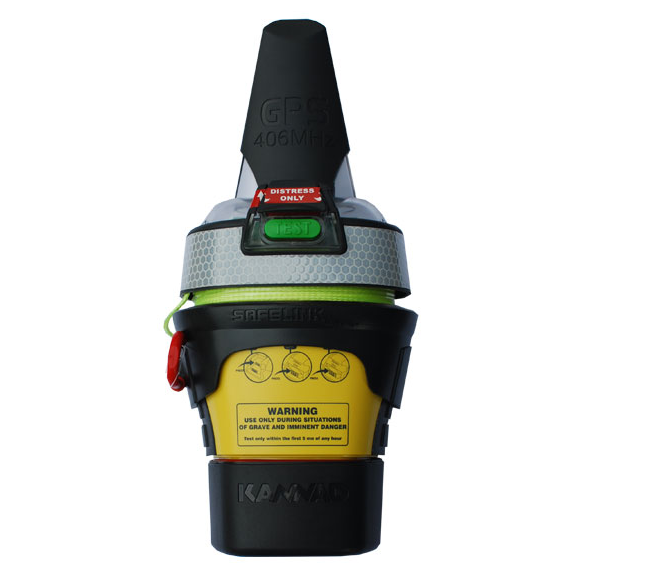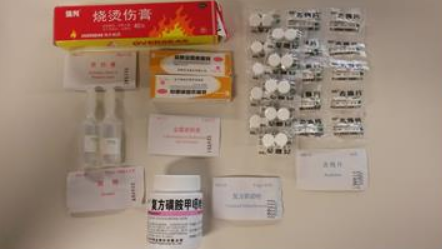A marine safety alert has been issued by the US Coast Guard after it found more than 60 life jackets which had to be destroyed during a recent inspection.
The US Coast Guard is reminding all boat owners and operators to routinely inspect their life jackets to ensure they are suitable for service.
The marine safety alert comes after inspectors in Key West, Florida discovered two boats that had over 60 life jackets on board that were not fit for purpose.
It was found that the unicellular foam buoyant material within the nylon outer shell had degraded significantly over time, broken apart, crumbled and, in some instances, was reduced to dust.

Boat owners are being urged to inspect life jackets for shrinkage. Credit: US Coast Guard
They were removed from the vessels and destroyed.
The US Coast Guard says the life jackets were properly stored, kept dry, and not under direct sunlight; however, the location was very hot at times.
These particular lifejackets were the Type 1, 160RT model distributed by The Safeguard Corporation of Covington, Kentucky.

One of the defects with the life jacket. Credit: US Coast Guard
They were manufactured in China and are approximately nine years old.
The distributor is no longer in business.
Over the years, the US Coast Guard has distributed a number of other safety alerts related to life jackets and personal floatation devices (PFDs).
As a result of this recent discovery, the US Coast Guard strongly recommends that vessel owners and operators inspect their Type 1 unicellular plastic foam life jackets for potential indications of failure or degradation.
These include:
- Compression: The life jacket may be compressed from many years of stowage.
- Loss of resiliency: The life jacket is excessively hard, stiff or its foam is brittle. Normally after compressing the life jacket to about half its initial thickness, the foam should expand to its original dimension in a short period of time.
- Shrinkage: A physical reduction in size may be indicated by “wrinkling” of the coating on vinyl dipped type or by a loose fitting shell on a fabric-covered life jacket.
- Manufacturer: While the potential for problems applies to all older PFDs, those manufactured by The Safeguard Corporation should be closely examined.
Anyone wanting further advice is urged to contact the Coast Guard Headquarters Office of Investigations and Casualty Analysis at HQS-PF-fldr-CG-INV@uscg.mil.
Video: US Coast Guard launches safety app
The Boating Safety Mobile app aims to help boaters make sure their vessel is seaworthy. It also has an "Emergency…
Recall on Kannad SAFELINK EPIRBs
Kannad Marine has instigated a global recall programme following issues with the company's SAFELINK Manual and Auto GPS EPIRBs.
Boaters asked to be ‘carbon monoxide wise’
The Boat Safety Scheme is urging all boat owners to be aware of carbon monoxide safety advice, following the deaths…
Warnings of unlicensed medicines inside imported life rafts
The Medicines and Healthcare products Regulatory Agency is warning that imported life rafts may contain unlicensed medicines.







